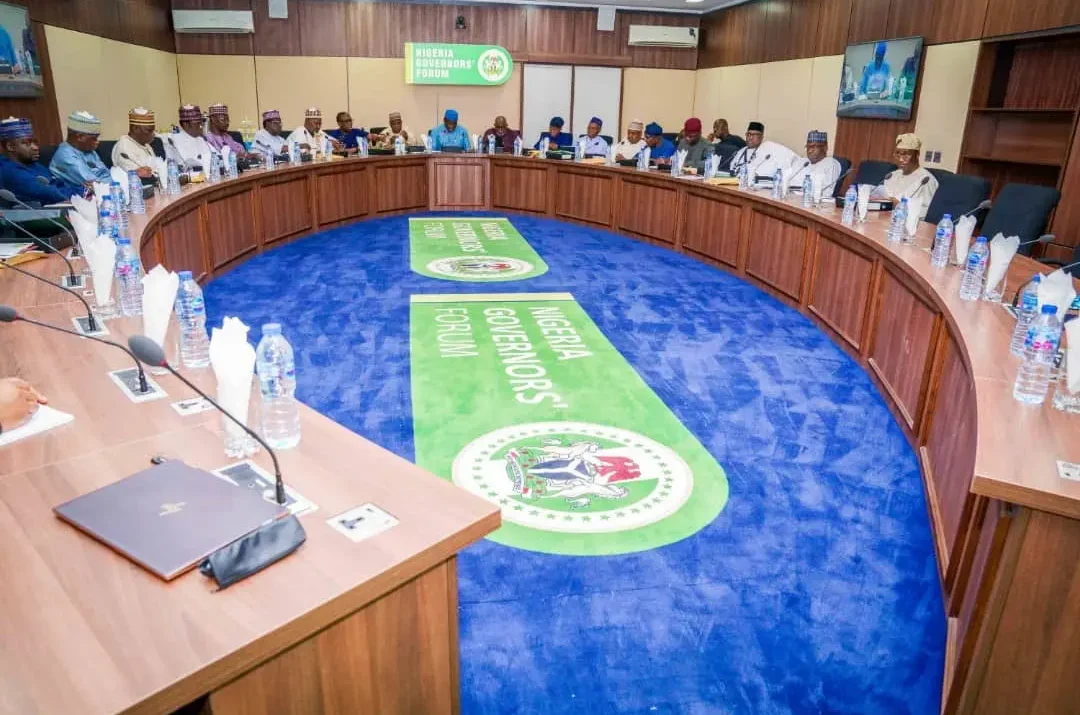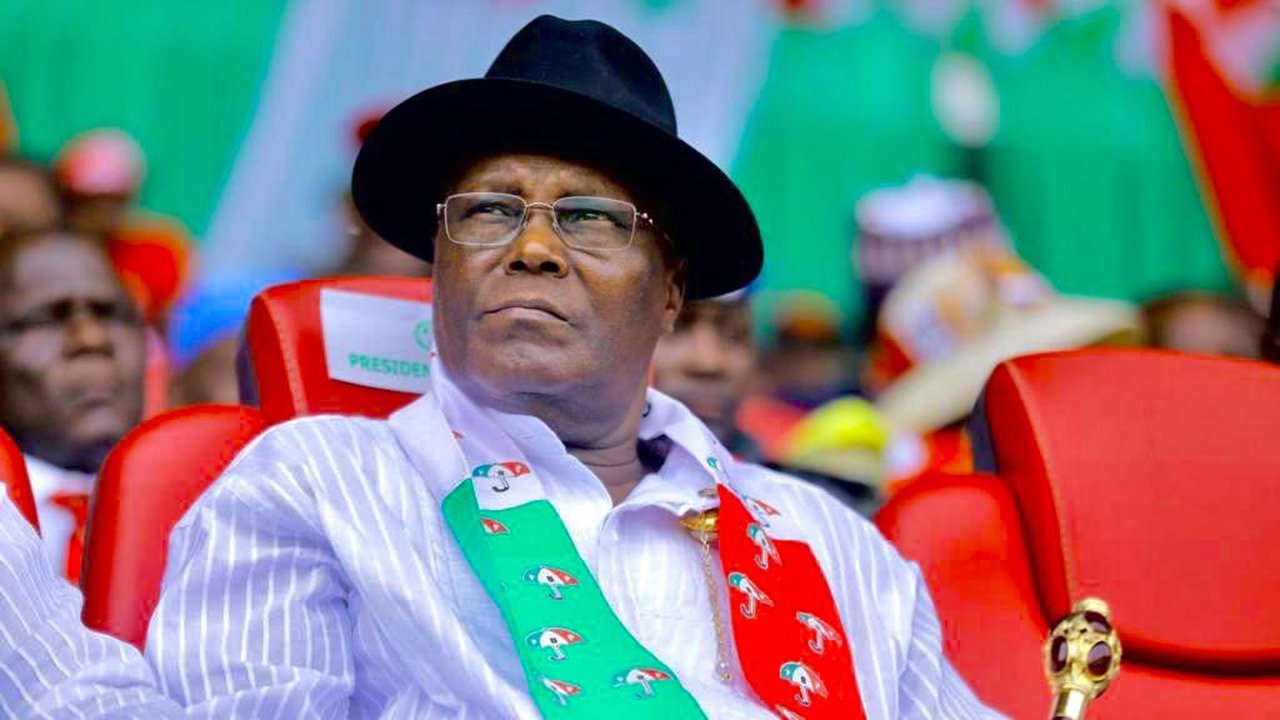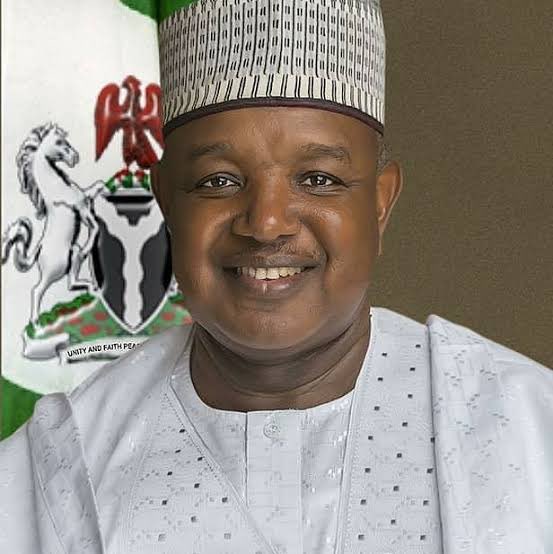Governors from Southern Nigeria, under the Southern Governors’ Forum, have called for states to be allowed to negotiate their own minimum wage based on their financial capabilities. This discussion comes amidst ongoing debates about the national minimum wage.
The Nigerian Governors’ Forum (NGF) stated on Wednesday night that it will continue to work with stakeholders to find a mutually agreeable solution to the minimum wage issue. Notably, President Bola Tinubu, who attended the National Economic Council (NEC) meeting usually chaired by Vice President Kashim Shettima, did not address the minimum wage topic.
Organized Labour has expressed concerns about the delays in concluding the new minimum wage discussions, noting increasing restlessness among workers in both public and private sectors. They are urging labor leaders to consider industrial action to expedite the process.
Governors’ Position on Minimum Wage
In a communique issued yesterday, the governors emphasized that the minimum wage should reflect the cost of living in each state, allowing states to negotiate with labor unions individually. The communique also touched on fiscal federalism and the devolution of powers.
After a meeting in Abuja, the NGF, which includes governors from various states, reaffirmed their commitment to achieving better wages through ongoing negotiations.
President Tinubu had established a tripartite committee in January to negotiate a new minimum wage, including representatives from labor, federal and state governments, and the Organized Private Sector (OPS). However, this committee has yet to reach a consensus, leading to labor’s declaration of an indefinite strike on June 3, 2024. The strike affected numerous sectors, including airports, hospitals, and banks.
Labor unions argue that the current N30,000 minimum wage is insufficient given rising living costs and inflation. Despite lowering their demand from N494,000 to N250,000, the government’s offer has only increased from N60,000 to N62,000.
President Tinubu has promised to send an executive bill to the National Assembly for a new minimum wage law. In his Democracy Day speech on June 12, he assured that this bill would be forthcoming.
Worker Restiveness
Both public and private sector workers are becoming increasingly restless over the delay. They are pressuring labor leaders to take decisive action. Complaints include the lack of promised palliatives to cushion the effects of fuel subsidy removal and the increased cost of living.
Labor leaders are appealing for patience, noting that any eventual minimum wage agreement will include arrears. However, they acknowledge the growing frustration and hardship among workers.
SSANU’s Reaction
The Senior Staff Association of Nigerian Universities (SSANU) criticized President Tinubu for the delay. SSANU President, Comrade Mohammed Ibrahim, emphasized that Tinubu campaigned on the promise of a living wage for Nigerian workers. Ibrahim urged the President to expedite consultations and avoid unnecessary delays.
The situation underscores the urgency of addressing workers’ needs and ensuring that any new minimum wage reflects the economic realities faced by Nigerians.







2 Comments